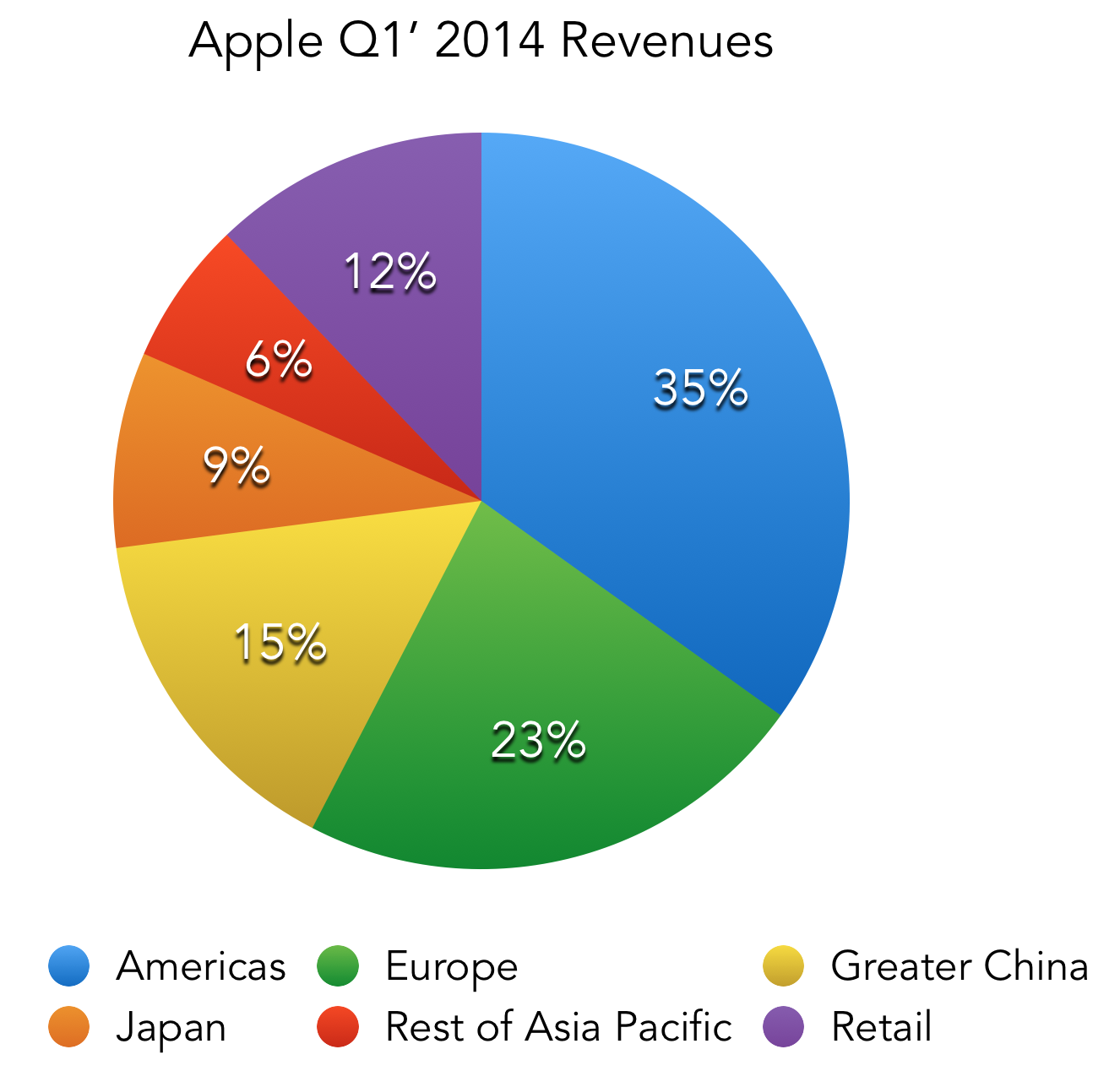The Best Apps for an Accountant
Most accountant's aren't very technically savvy, to the detriment of our profession. That's why in class, instead of paying attention to the professor (let's hope they don't read this), I sometimes let my eyes wander to see how my classmates take notes and solve problems. As you might have guessed, they use pencil and paper. If you're not an accountant, here's something you should know. We take lots of notes, and we need lots of scatchpaper. Don't get me wrong, I love the feel of my Pilot G-2 07 Gel Pen smoothly caressing the paper, but it's far from efficient. That's why I don't use paper and pencil to takes notes and homework problems. I am entirely paperless. My devices? An iPad for taking notes, and my Mac for everything else. The only alone time I get with my pencil is during exams, and that's because I'm forced to. So here are the devices and the applications I use.
iPad
I open all the PDF slides my professors provide in PDF Expert, and sync them through Dropbox (everything I do is saved in cloud storage, but I'll leave that for another post). It's quick and easy, and let's me quickly markup documents.
Mac
For those unaware, Numbers is Apple's version of Excel. It's less powerful, but much cleaner and quicker than Excel for basic calculations. I do all of my homework in Numbers. It lets me play with numbers and see how various things fit together (which is precisely what accounting is). It's like a digital scratchpad that never runs out. Unlike pen and paper, I don't have to scratch out or erase my errors, I can just delete them. Is my answer off by a few cents? No problem. I can quickly adjust the numbers to see which percentage gives me the correct answer. But the best feature of a spreadsheet program like Numbers is its support for formulas. For example, I can set "Income Taxes Paid" to equal the "Tax Rate" multiplied by the "Net Income/Loss", and it computes the answer in real-time. If I decide to change the "Tax Rate", "Income Taxes Paid" changes with it. Imagine doing that on paper. I keep all of my calculations saved in a workbook, with a sheet for each chapter, so that I can refer to the examples at a later time (like when I have to take the CPA, or more likely, before an exam). Numbers is more stable and appealing to look at than Excel, and I highly recommend it for any accountant/student who uses a Mac.
An example of my Numbers spreadsheet. If you were wondering, I was calculating the Loss Carryforward and Carryback in this problem.
Every accountant knows about Excel. It's a powerhouse application, and much more powerful than Numbers. That said, most accountants rarely, or likely never, need Excel's power-user features. I still use it for some classes, mainly when the teacher expects the homework in Excel format. It does exactly what I wrote about for Numbers, albeit in a less pretty way. The formula's are nearly identical to the ones in Numbers, so for those who are worried that everything they learned in Numbers won't translate to Excel, stay calm because it will. You'll definitely be using Excel at work, so it helps to get friendly with it.
An Excel spreadsheet with my cost accounting homework.
Soulver is what I use when I need to do some quick, dirty calculations. Quick, what's $2,500,212 divided by $20,212? I could do that calculation in Numbers or Excel, but it's much faster to do in Soulver. You can also reverence previous lines. For example, I set "Income before taxes" to Line 1 (revenues) - Line 2 (expenses). It's fantastic for short homework problems.
That's correct. The above calculations are my net income.
I use many more apps, but these are the three I use most for school. It always amazes me that students still use pen and paper in 2014, when there are much better options out there. And it's great preparation for the real world, where you'll be doing all your work on the computer, not to mention that you'll be a much more productive employee out of it. If your excuse for not using technology is that exams are on paper, I say to you, sure, then you will want to do practice problems more efficiently on the computer. You can do three to four problems in Numbers in the same time as you would do one in your notebook. Make the computer work for you.






